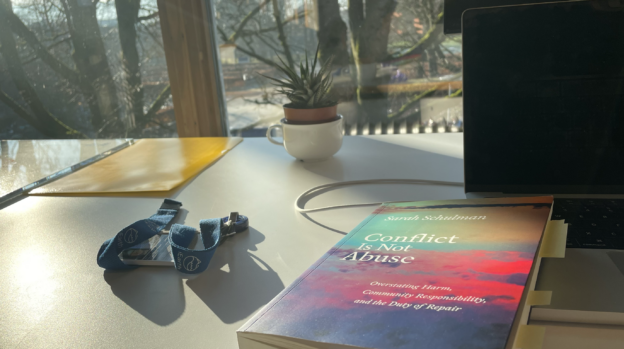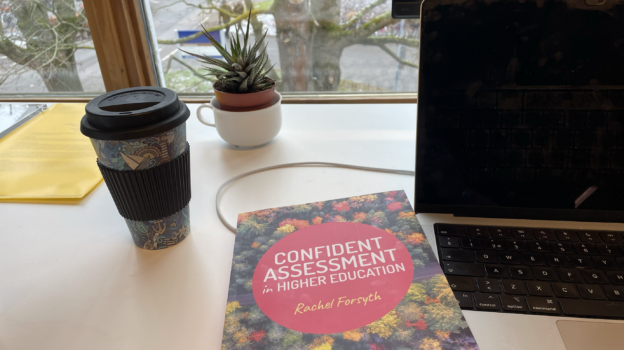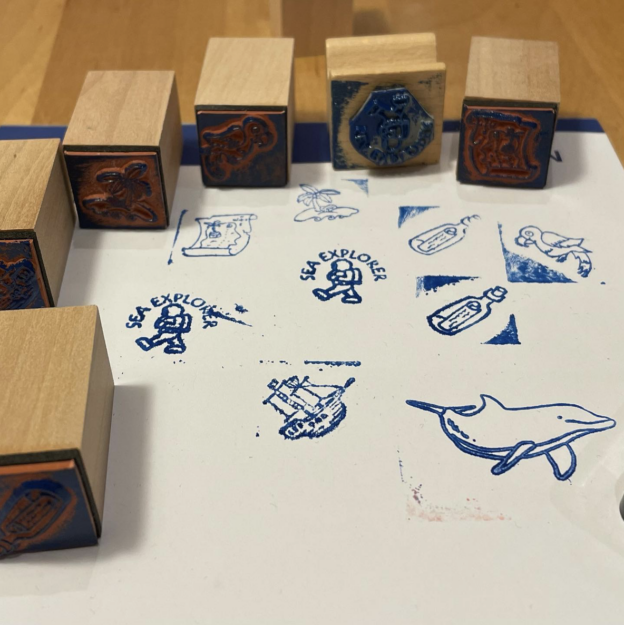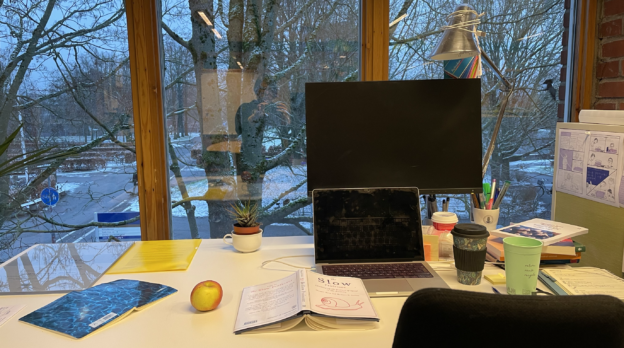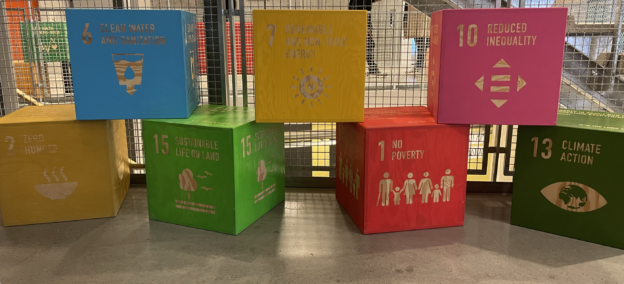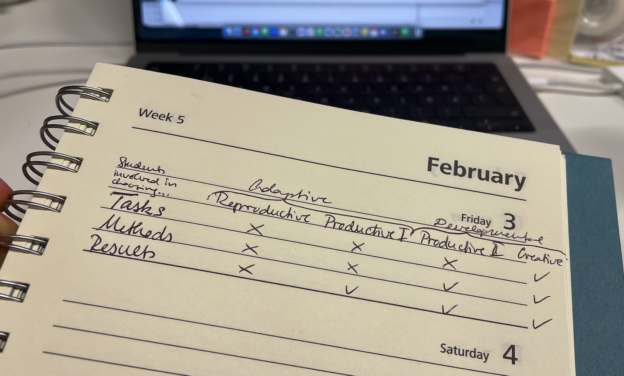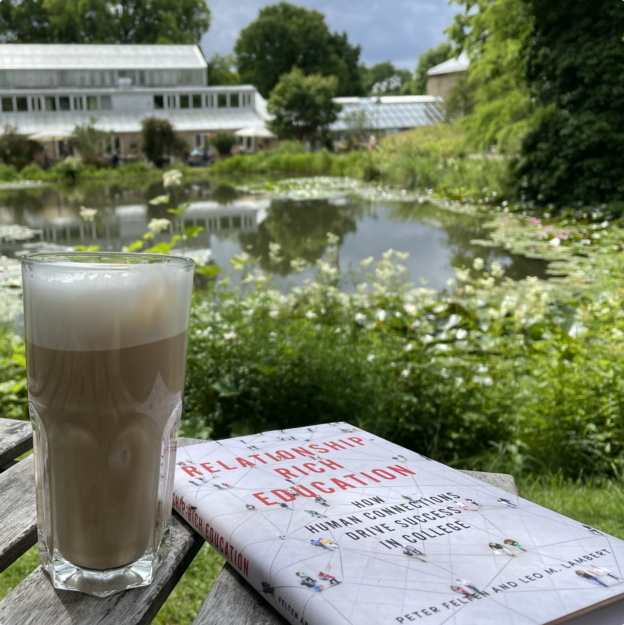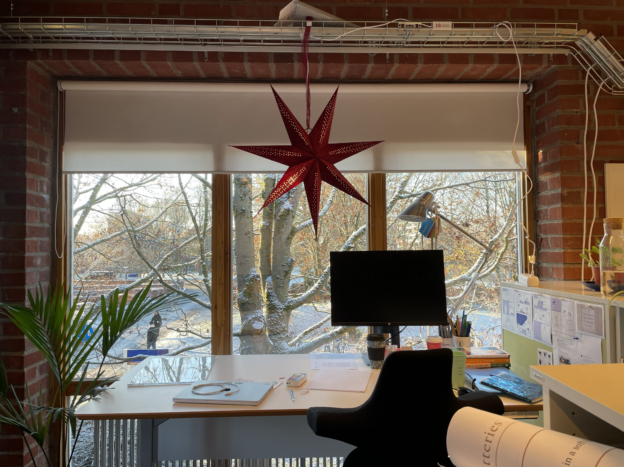The title of this book, “Conflict is not Abuse. Overstating Harm, Community Responsibility, and the Duty of Repair” (Schulman, 2016), caught my eye in the office library. It looked like something I really wanted to read, but at the same time really did not. For most of the last year, I have pushed so hard to include microaggressions in our courses (– possibly overstating harm to make a point?), and generally work towards anti-discriminatory practices, and I felt like this book would probably prompt reflections that might actually change my thinking quite substantially. And who has time for that? Anyway, the book therefore sat on my desk for weeks when I was first too busy to read anything without immediate and obvious relevance to what I was supposed to be doing, and then, when I did have time to read, there were other books that didn’t scare me as much, like Rachel’s “Confident Assessment in Higher Education”, or “The Slow Professor”. But then some nice and sunny day, I was in a mindset where I was ready to “motivate personal growth by seeking discomfort”, picked up the book, and I am so glad I did! Continue reading
